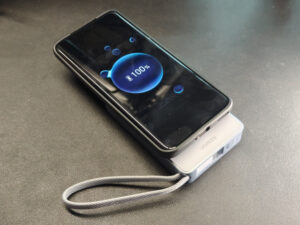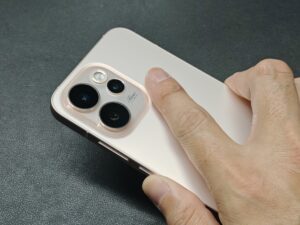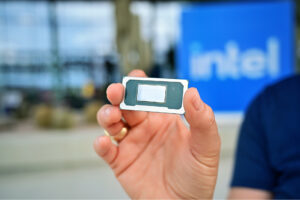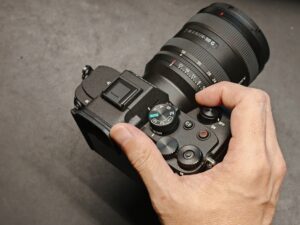In association with Asus
Choosing a fleet of laptops for your business used to be a straightforward thing – pick the lowest cost, highest spec and best track record. Often, this means defaulting to a previous vendor.
Yet, that doesn’t always work today, when business costs could include cybersecurity breaches and compliance with green initiatives by governments.
As businesses look to refresh their laptops now, with the end of Windows 10 support, they are also looking at PCs that are resilient to disruptions while also helping them to meet their sustainability goals.
Whether you are a large or small business, there are many similarities when it comes to buying a commercial laptop for employees, particularly if many of them carry the machines with them on the go.
Cost, of course, is still a big concern as businesses work with limited budgets and IT teams have to get the best bang for buck.
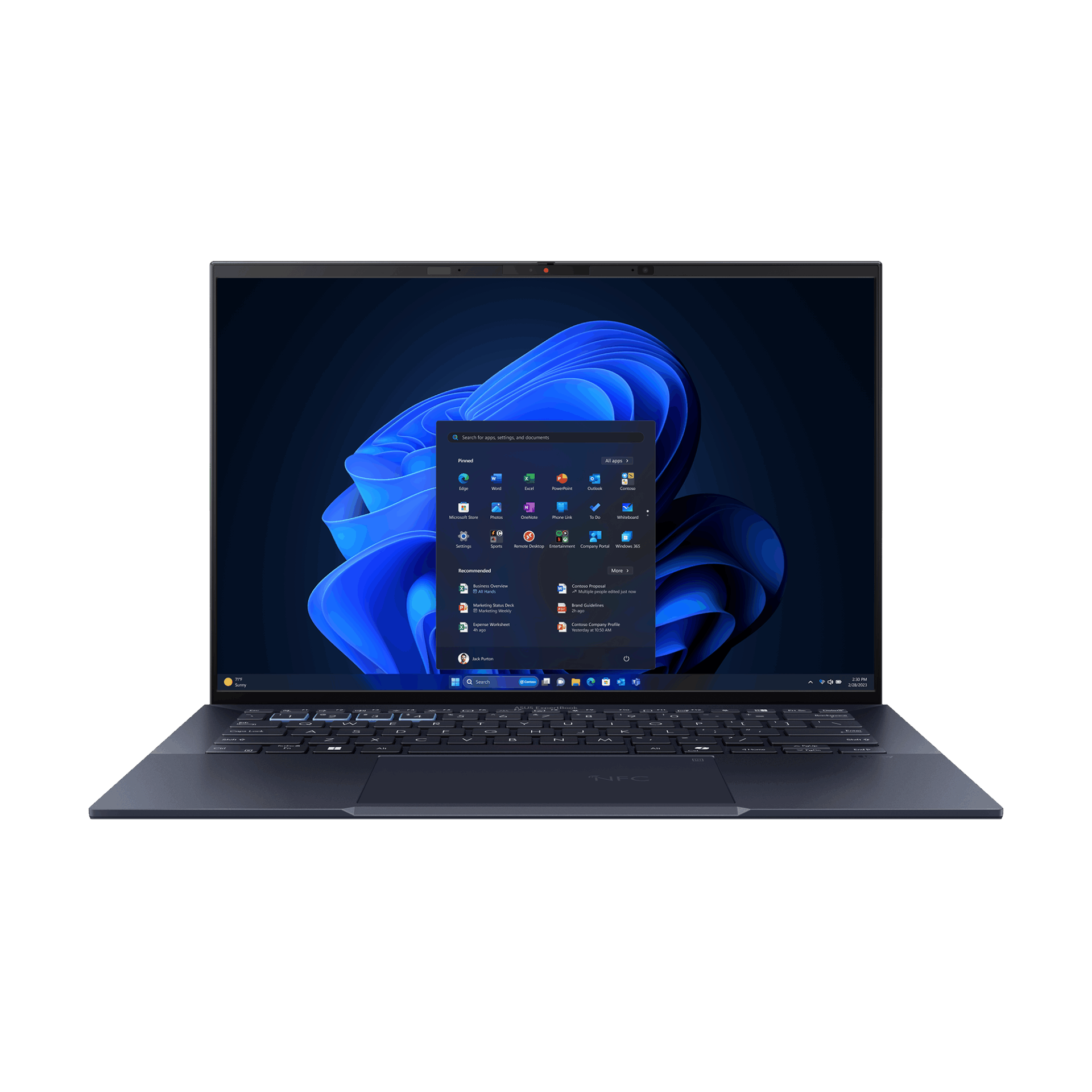
Increasingly, though, as businesses face new challenges such as unexpected disruptions and concerns with sustainability, they are also considering how well their new fleet of laptops can help operations become more resilient, while reducing impact on the environment.
The good news is that there are many options today to cater to varying needs, which often go beyond what consumer machines offer.
Resilience in an uncertain climate
Business resilience is a big priority for businesses today, given the unexpected disruptions from network outages or other unplanned events. Beefing up one’s resilience to such occasions starts with the most common computing device – the business laptop.
For a business laptop, durability should be a primary feature. Asus’ ExpertBook laptops, for example, are built to last. They are tested in extreme conditions, to endure against desert wind and humidity, and of course, the usual drop tests.
These laptops survive a single drop of up to 120cm. The keys used every day are pressed 10 million times to simulate usage for six years. The crucial hinge in the laptops is opened and closed 50,000 times – equivalent to 12 times a day for more than 11 years. And USB-C ports are tested 15,000 times
The laptops are also tested like how they are used in real life. The ExpertBook B9, for example, keeps working even if you spill an entire jug of water on it. Plus, even if you accidentally leave a pen on the laptop and close the screen (ouch!), the screen survives and you continue working.
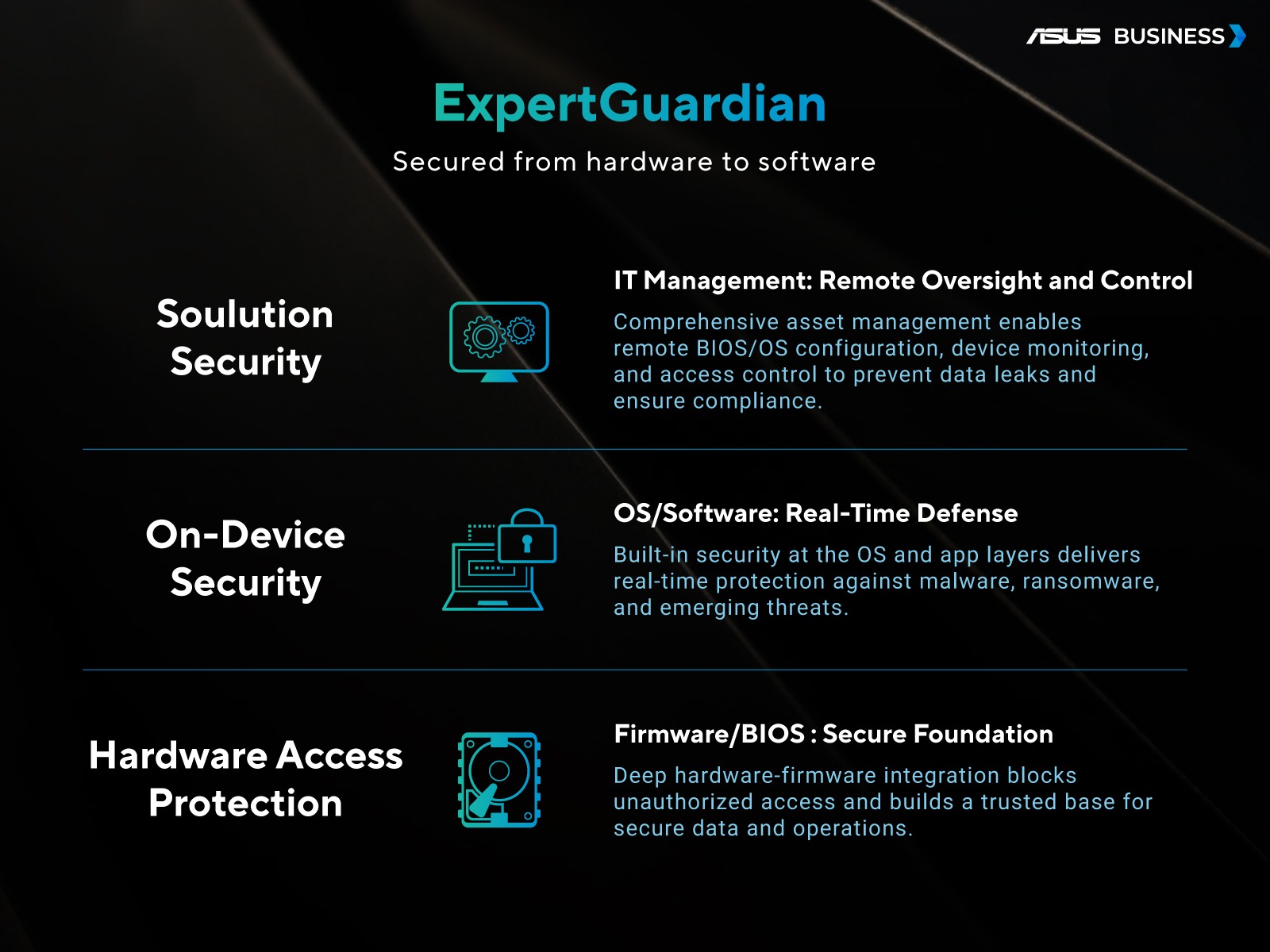
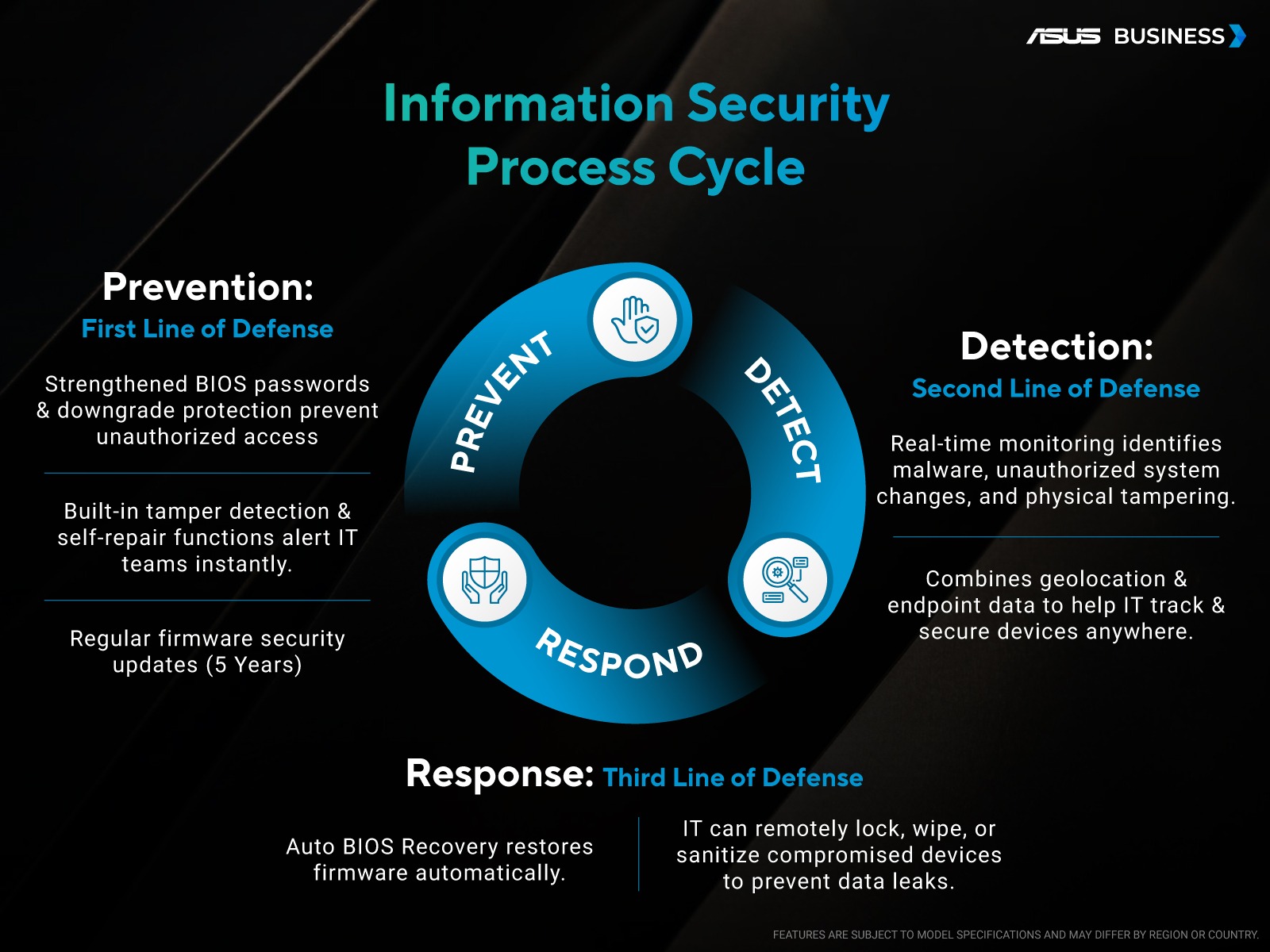
INFOGRAPHIC: Asus
Similarly, Asus commercial laptops feature the company’s ExpertGuardian, designed to safeguard devices from hardware, firmware, and software–level attacks.
Whether you choose an AMD or Intel chip, the machines come with NIST-compliant BIOS, which is capable of self-recovery and has BIOS support for five years. More than that, Asus commercial laptops are designed to detect and prevent chassis intrusion.
Sustainability in focus
Increasingly, as concern with the climate grows, businesses are also seeking to reduce their carbon footprint in their everyday activities. One way is to use laptops that are carbon neutral and do not add any impact to the environment.
In 2022, Asus’ ExpertBook B9 was the world’s first carbon-neutral commercial laptop. It was certified with both ISO 14067:2018 Product Carbon Footprint and PAS2060:2014 Product Carbon Neutrality by a third party.
The latest ExpertBook B9 today is an ultraportable machine that is both solidly built and environmentally friendly. Indeed, all Asus ExpertBooks from 2023 are EPEAT Gold-verified with carbon footprint reports.
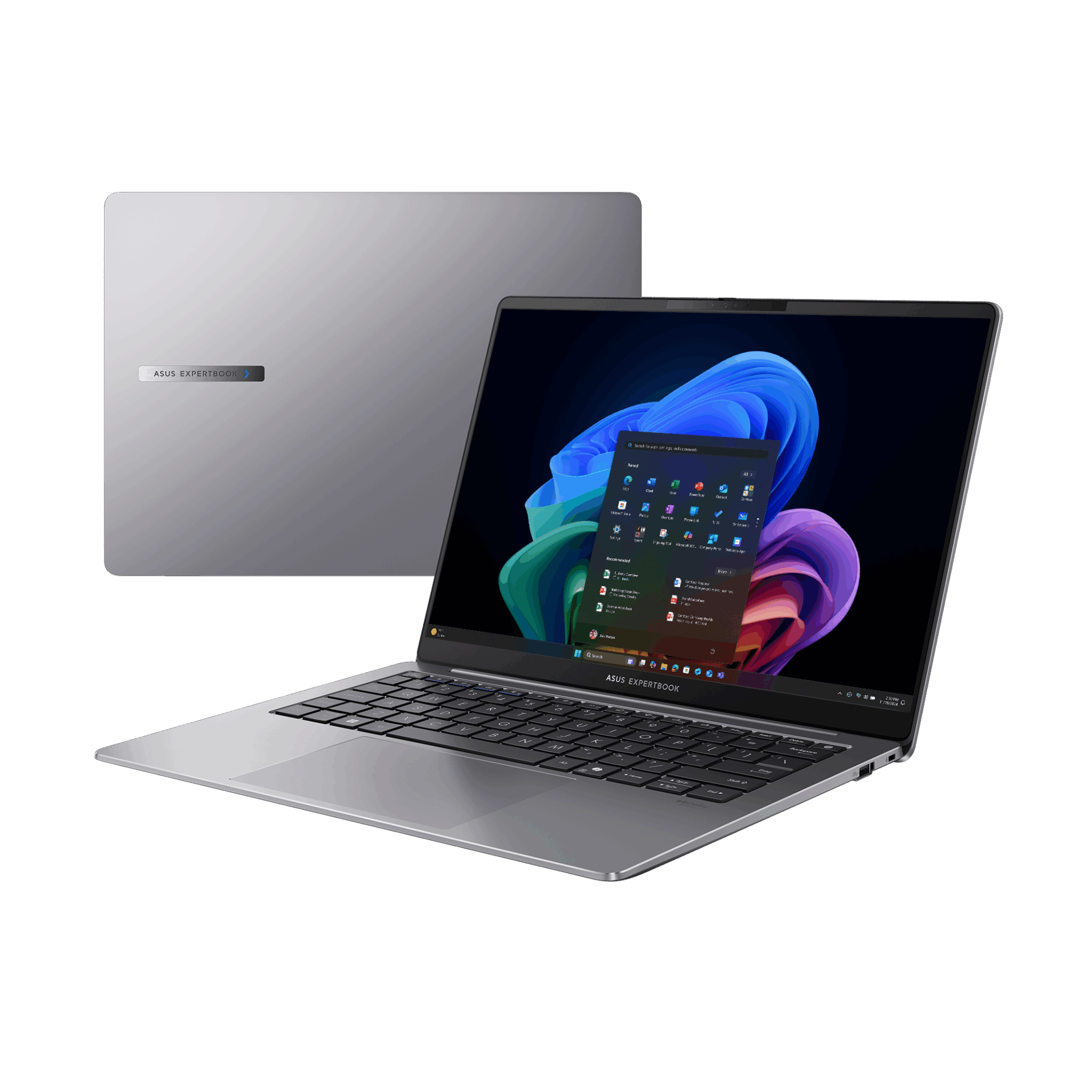
A variety of “green” materials are used in Asus products today, part of its climate commitment, which includes commercial laptops.
They use post-industrial recycled magnesium lithium and post-industrial recycled magnesium aluminum for product exterior materials.
The packaging materials are made of FSC (forest sustainable certified) materials, and the final assembly facilities is upgraded to use renewable energy. In addition, Asus applies staged carbon reduction design to optimise product energy consumption.
Asus Carbon Partner Services also provide transparent, verified and high-quality carbon-credits sources. These flexible and precise options offer carbon-offset solutions to businesses seeking to reduce their impact.
Improving usability (for your industry)
While business laptops such as Asus’ are usually made for a wide variety of uses across different industries, there may be products that cater more closely to some sectors.
Asus’ ExpertBook P series for small and medium businesses are stylish and made for reliability and durability while the ExpertBook B series for large enterprises offer flexibility, manageability and sustainability through advanced tools.
For ExpertBook B series, an I/O port reinforcement through a metal plate prevents common problems with such ports, which would mean a costly motherboard replacement. Selected models also come with 100 per cent solid capacitors, which last longer than typical electrolyte capacitors used on other motherboards.
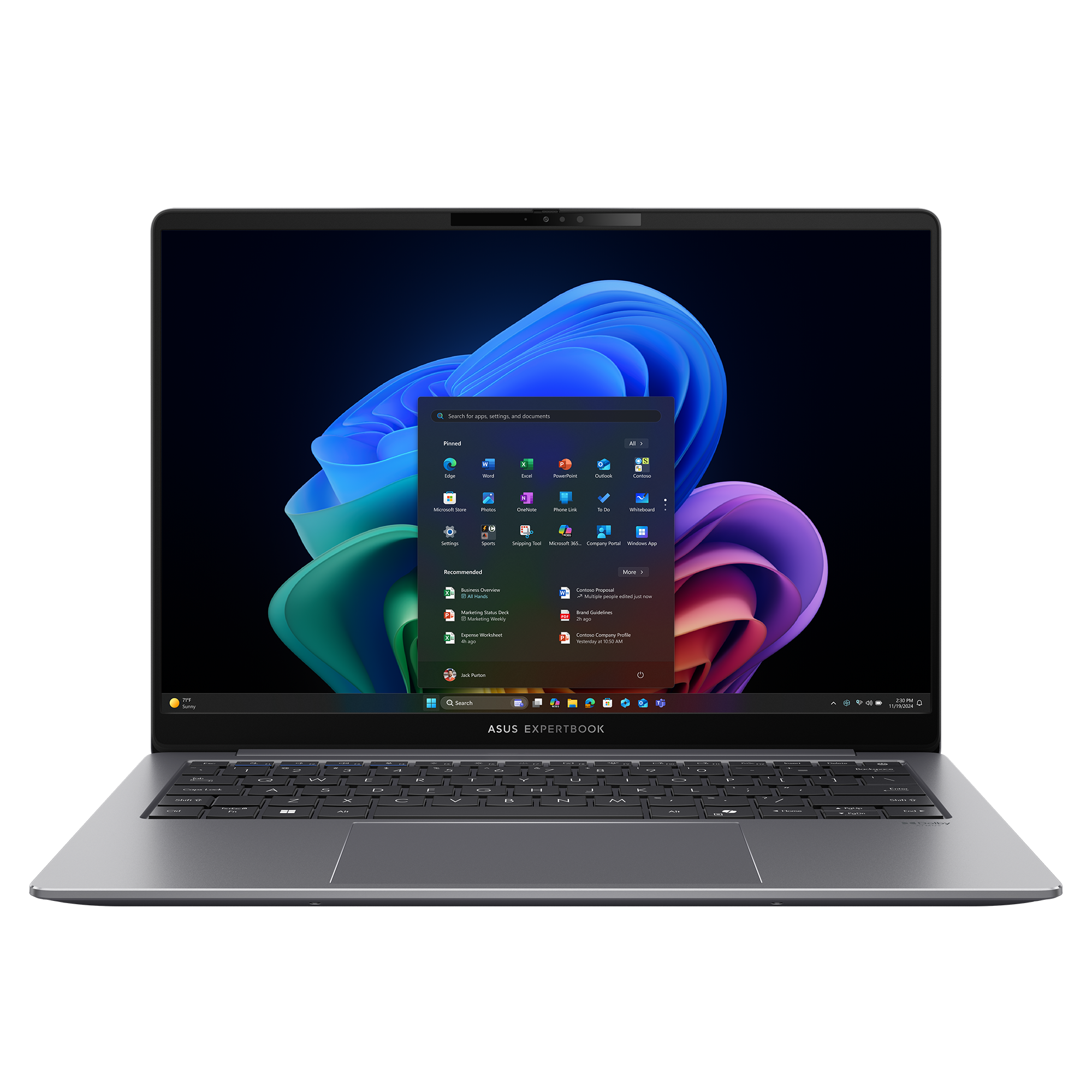
Asus Chromebooks, meanwhile, come with their own set of features that help educators and students have a conducive lesson in modern classrooms.
On selected models, dual cameras at the front and back of the cover enable flexible learning experiences, while a cover light indicates when a student is connected to a network – a helpful cue for teachers.
Asus Chromebooks are also designed with the garaged stylus (on selected models) that offers pen-like precision to support learning. With classroom usage in mind, Asus has come up with a ruggedised design with a rubber bumper that reinforces corners for drop protection.
Performance is a given
In the months ahead, with more demanding AI apps running locally on laptops, businesses will have to ensure their new machines perform up to the mark. Asus commercial laptops offer the latest powerful CPUs, as well as DDR5 memory in most configurations, to enable employees to get work done productively.
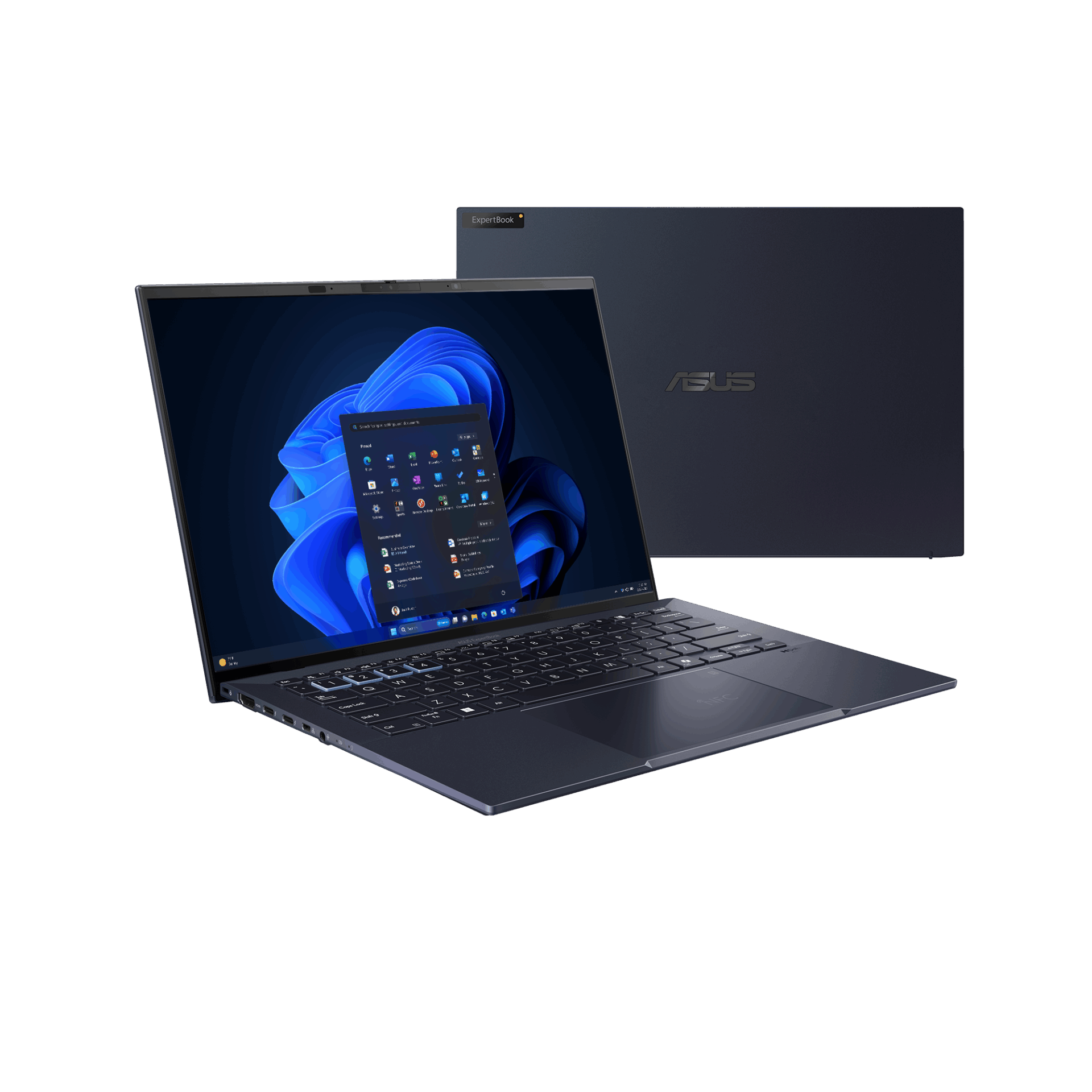
For example, the Asus ExpertBook B9 is the world’s lightest 14-inch laptop at just 950g. Designed with efficiency and endurance in mind, it comes with proven Intel processors that balance performance and power efficiency. Meanwhile, the Asus ExpertBook P5 features the latest Intel Core Ultra processors for users seeking higher computing performance.
Focusing on total cost of ownership, for example, by reducing downtime and enabling quick servicing with easy replacement for batteries, is key to a successful modern laptop deployment, said Emma Ou, Asus Global’s commercial regional head for ANZ, Malaysia and Singapore.
Just as important is going with a vendor with a proven track record, she added. “Pick one that will support its hardware for at least three years while also being proven to back up the promise of great support.”
Find out more about Asus’ latest range of commercial laptops here.
